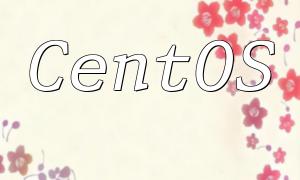Redis is an open-source in-memory database widely used for distributed storage. It supports multiple data types including strings, hashes, lists, and sets. In PHP 7.0, developers can implement distributed storage easily using the Redis extension.
Here’s an example of how to use Redis for distributed storage:
In this example, we first connect to the Redis server using the connect() method, then store data using set() and retrieve it with get().
Memcached is a high-performance distributed memory object caching system that can also be used for distributed storage. In PHP 7.0, developers can use the Memcached extension to implement Memcached storage solutions.
Here’s an example of using Memcached for distributed storage:
In this example, we configure the Memcached server using addServer(), store data with set(), and retrieve it with get().
MongoDB is an open-source document database that can also be used for distributed storage. In PHP 7.0, developers can interact with MongoDB through the MongoDB extension.
Here’s an example of using MongoDB for distributed storage:
In this example, we connect to the MongoDB server using the MongoDB\Driver\Manager class, and use the MongoDB\Collection class to interact with the specified database and collection. We insert data with insertOne() and query data with findOne().
In PHP 7.0, Redis, Memcached, and MongoDB are popular distributed storage technologies offering high-performance storage solutions that can meet the needs of large-scale applications. These technologies enhance system scalability, reliability, and performance.
When choosing a distributed storage technology, developers should consider their specific application requirements. For example, Redis is ideal for high-speed caching, Memcached is suitable for high-performance caching, and MongoDB is more suited for document-based storage. The choice and implementation of each technology will have a significant impact on the system’s performance and stability.









